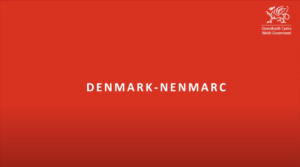Over half of Irish businesses have admitted they’re struggling to understand new customs clearance procedures that are due to come into effect next year.
That’s according to a survey by customs clearance service Declaron, which quizzed 300 Irish firms on their Brexit preparedness.
The survey also found that nine in 10 medium to large companies had seen Brexit preparations hit by Covid management, with 37% overall saying they have yet to start planning for the UK’s departure from the single market at all.
Declaron CEO, Michael Nolan, commented on the survey results that: “There are certain steps that every business must now take to be able to import and export with effect from January 1 and inaction now puts the efficiency of their trading with the UK at risk.”
Nolan urged firms to not stop their preparations given that Brexit with delivering ‘guaranteed tasks’ what Irish businesses will need to deal within just a few weeks time – predominantly in the form of creating and submitting customs declarations.
Read more: Canada or Australia – what are the benefits and shortfalls of each type of trade deal?
Carol Lynch, Declaron director and partner in BDO warned that Irish firms are sleepwalking into a ‘trade agreement trap’.
“Even when a Trade Agreement is concluded, there will still be a requirement for import and export declarations. The agreement only means that customs duties may not be payable. Compliance obligations actually increase rather than decrease. The delay in the service agreement being finalised cannot be seen as reason to delay preparations.”
Is your business fully prepared for Brexit? See how our Brexit Audit services can help you get Brexit-ready. For more news and insights, check out our Brexit Knowledge Bank.









